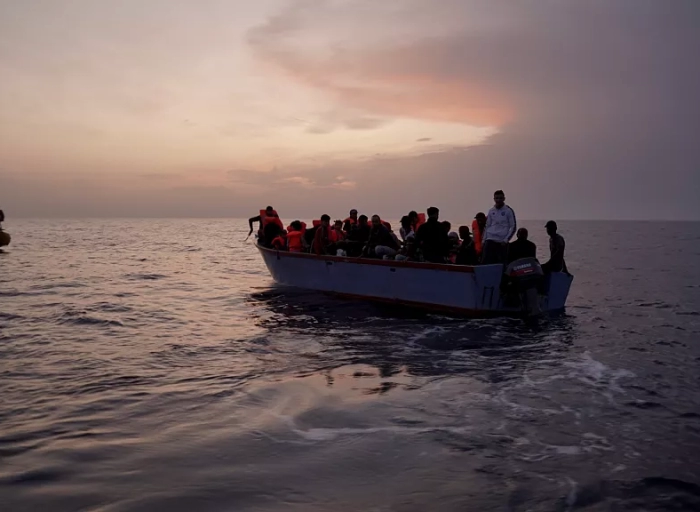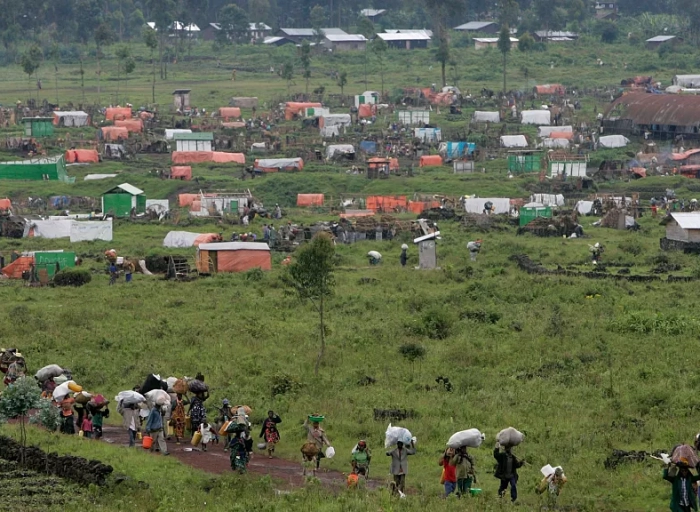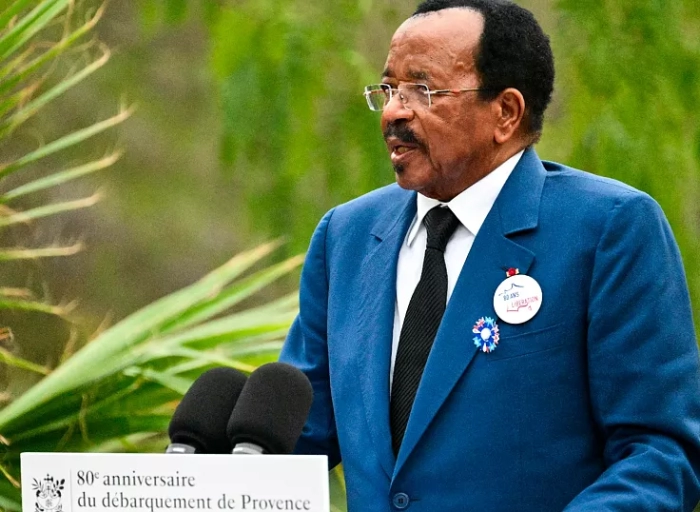In a dramatic development that has sent shockwaves through South Africa’s political and law enforcement circles, President Cyril Ramaphosa has suspended Police Minister Senzo Mchunu following serious accusations of political interference and criminal collusion.
The allegations were brought forward by General Nhlanhla Mkhwanazi, a senior police official, who claims that Minister Mchunu and Deputy Police Commissioner Shadrack Sibiya interfered in sensitive investigations and worked in concert with organized criminal networks. Most notably, the two are accused of dismantling a key crime-fighting unit that was actively probing a wave of politically motivated killings believed to be tied to syndicates.
President Ramaphosa announced Mchunu’s suspension in a public statement, noting the urgency to preserve the integrity of ongoing investigations:
“In order for the Commission to execute its functions effectively, I have decided to put the Minister of Police Mr. Senzo Mchunu on a leave of absence with immediate effect. The Minister has undertaken to give his full cooperation to the Commission to enable it to work properly.”
To fill the leadership gap, Ramaphosa appointed Professor Firoz Cachalia as the acting Minister of Police. The President also unveiled the scope of the Commission of Inquiry tasked with investigating not just the alleged misconduct, but also the broader pattern of institutional failure:
“The Commission will investigate the role of current or former senior officials in certain institutions who may have aided or abetted the alleged criminal activity; or failed to act on credible intelligence or internal warnings; or benefited financially or politically from a syndicate’s operations.”
Despite these steps, opposition leaders argue the President’s response is insufficient. Critics have called for Mchunu’s immediate dismissal, asserting that mere suspension does not reflect the gravity of the allegations or ensure public accountability.
As the inquiry unfolds, the scandal underscores the fragility of South Africa’s law enforcement institutions and the urgent need to insulate them from political manipulation. The outcome of this process could have lasting implications for governance, transparency, and justice in the country.




